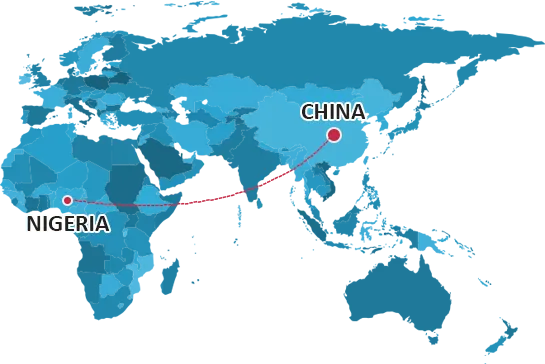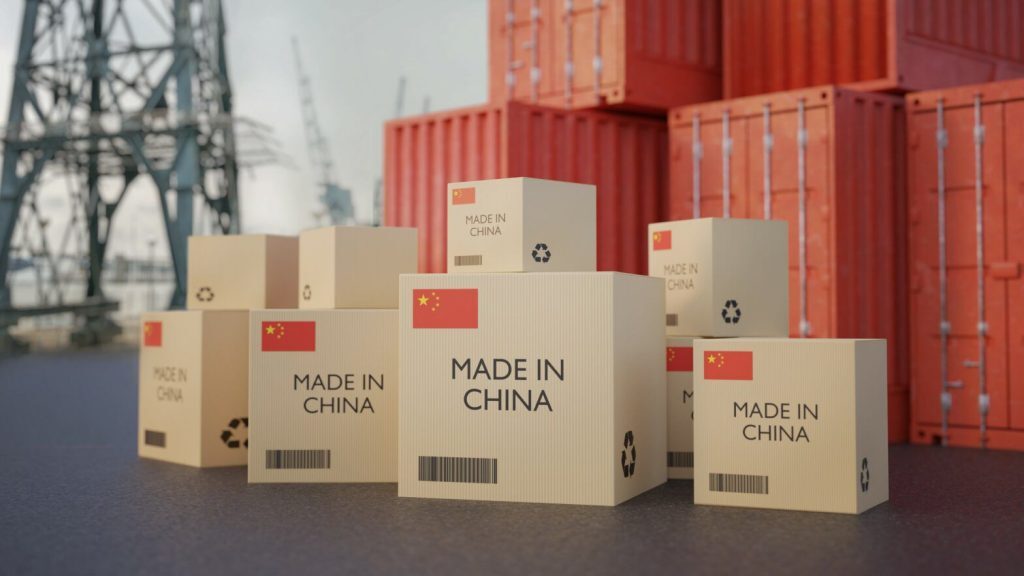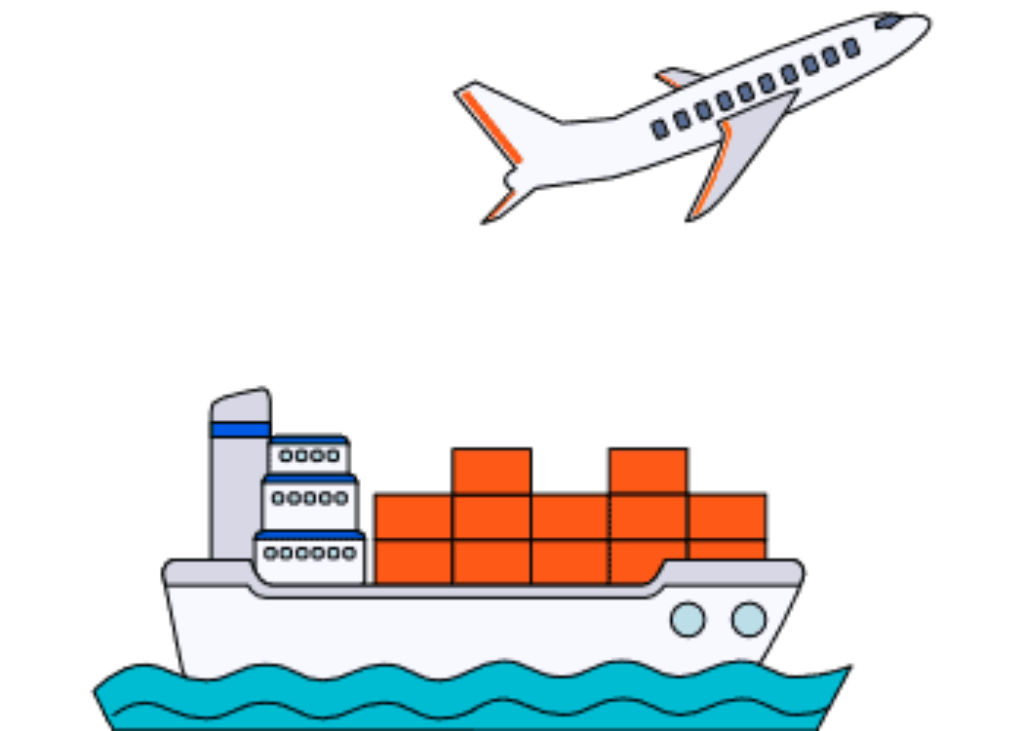
Shipping goods from China to Nigeria can be a complex process, but with the right knowledge and guidance, you can navigate it successfully. In this comprehensive guide, we will provide you with all the information you need to know to ensure a smooth and successful shipping experience from China to Nigeria. Whether you are a business owner looking to import goods or an individual sending a package, this guide will equip you with the necessary steps and insights to navigate the shipping process efficiently. So, let’s dive in and discover how to succeed in shipping from China to Nigeria.
Shipping from China to Nigeria
The significance of this shipping route lies in the extensive array of products available in China, ranging from electronics, textiles, machinery, to consumer goods. Nigerian markets have a high demand for these products due to their affordability and quality. The opportunity for businesses to cater to this demand and individuals seeking specific items make this shipping route a crucial link between the two countries’ economies.
Key Considerations for Shipping from China to Nigeria
-
Establishing a Reliable Shipping Provider
Research thoroughly and consider factors beyond just cost when selecting a shipping provider. Assess their track record, customer reviews, insurance coverage, and handling procedures. Engaging with experienced freight forwarders or shipping companies can often simplify the process and minimize risks.
-
Calculating Shipping Costs and Charges
Beyond the basic freight charges, consider hidden costs such as fuel surcharges, handling fees, and customs duties. Understanding Incoterms (International Commercial Terms) and negotiating terms with suppliers or buyers helps clarify who is responsible for various costs at different stages of the shipping process.
Customs and Documentation
- Understanding Nigerian Customs RegulationsDelve into detailed customs regulations to avoid penalties or delays. Stay updated with any recent changes to regulations and ensure compliance by consulting with customs brokers or experts if necessary.
- Required Shipping DocumentsAccurate and complete documentation is essential for customs clearance. Ensure all paperwork is correctly filled out, including accurate descriptions of goods, values, and quantities. Collaborate closely with suppliers to obtain necessary certificates and approvals.

Shipping Methods and Delivery Options
- Air FreightWhile faster, air freight might not be cost-efficient for all types of shipments. High-value, perishable, or time-sensitive goods benefit the most from this method.
- Sea FreightSea freight offers cost-effectiveness for larger shipments but involves longer transit times. Plan well in advance to accommodate these longer lead times.
Managing Shipping Timelines
- Estimating Shipping TimesRecognize that shipping times can vary based on factors like the shipping method chosen, customs clearance duration, and distance between ports. Keep communication channels open with all stakeholders to manage expectations.
- Dealing with Potential DelaysBuild buffer times into your schedules to account for potential delays. Have contingency plans in place to handle unforeseen circumstances, and maintain open communication with suppliers, shipping companies, and recipients to mitigate disruptions.
Ensuring Product Safety and Quality
- Packaging and Labeling StandardsPrioritize sturdy and compliant packaging that safeguards products during transit. Ensure labels are clear and accurate, meeting both Chinese export standards and Nigerian import regulations.
- Inspections and Quality ControlImplement robust quality control measures before goods are dispatched. This might involve random product checks, ensuring compliance with industry standards, and adherence to Nigerian product quality regulations.

Tracking and Monitoring Shipments
- Utilizing Tracking ToolsTake advantage of advanced tracking systems provided by shipping companies. These tools offer real-time visibility into the location and status of your shipments, allowing for proactive responses to any issues that arise.
- Resolving Shipment IssuesEstablish a protocol for handling discrepancies, damages, or lost shipments. Promptly report any issues to the shipping provider and customs authorities to initiate investigations and claims processes.
In conclusion, shipping from China to Nigeria requires careful consideration of various factors. It is crucial to establish a reliable shipping provider that can ensure the safe and timely delivery of your goods. Calculating shipping costs and charges accurately is essential to avoid any unexpected expenses. Dealing with customs procedures and documentation is another important aspect to navigate smoothly. Choosing the right shipping methods and delivery options can greatly impact the efficiency and reliability of your shipments.
Managing shipping timelines is crucial to meet customer expectations. Ensuring product safety and quality throughout the shipping process is vital. Utilizing tracking tools can help you monitor your shipments and address any issues promptly. In case of any problems, it is important to have a proactive approach to resolve shipment issues.
To learn more about shipping from China to Nigeria and engage with other readers, feel free to comment on the blog post.
Submitted by ADE for Naijatipsland.com










